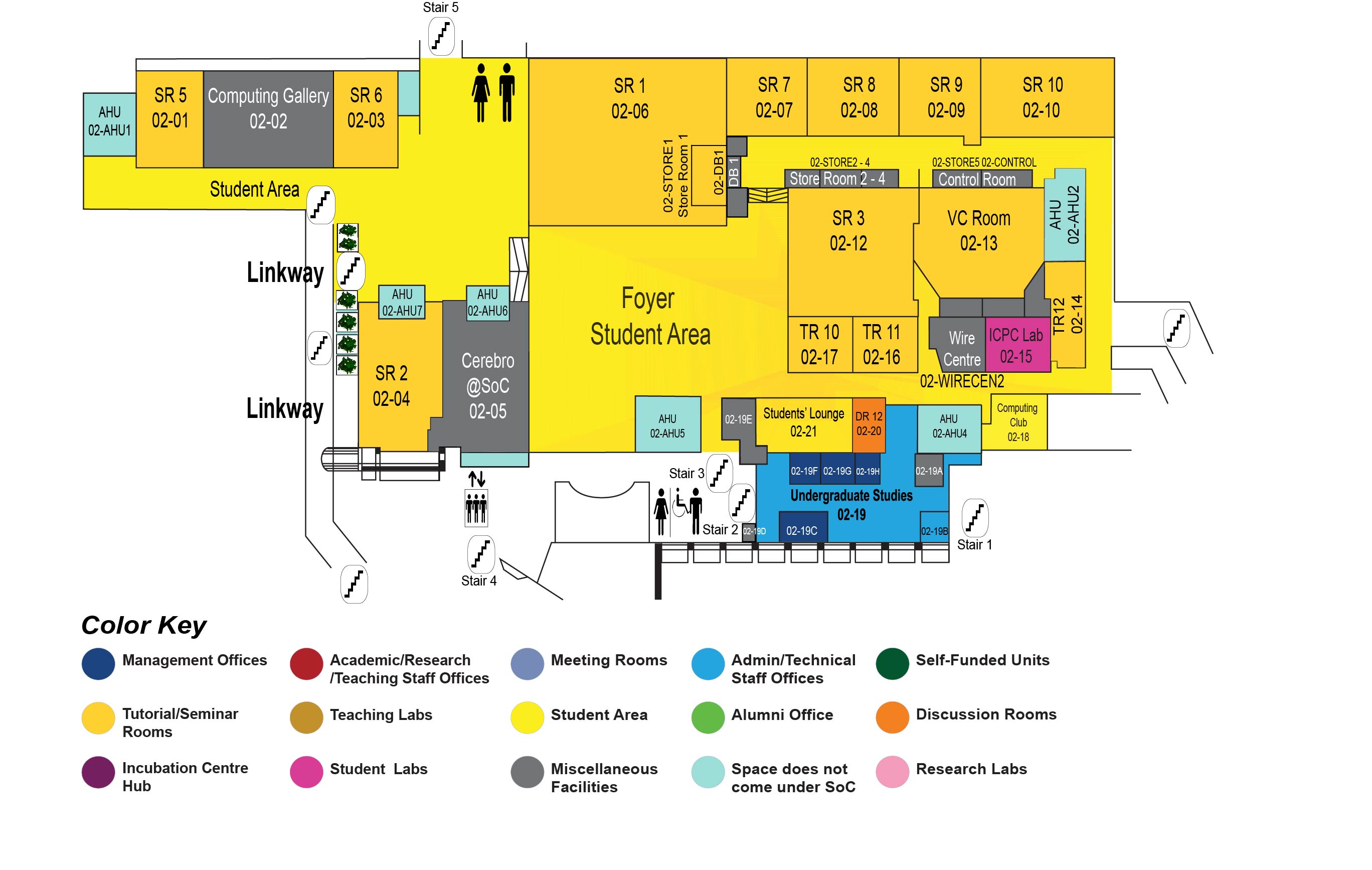Advancing Predictive Systems for Clinical Decision Support: Methods on Improving Predictions and Evaluating Explanations
COM1 Level 2
SR8, COM1-02-08

Abstract:
Clinical Decision Support Systems (CDSS) intend to help clinicians make informed decisions. These systems often use predictive models to offer insights into patient outcomes, including mortality risk and diagnoses. However, current predictive systems require improvement in both: the accuracy of their predictions and the usefulness of their explanations. This thesis aims to contribute towards achieving both these goals.
In the first study, we focus on improving predictive performance by integrating multiple data types from electronic health records, including clinical notes, laboratory readings, and radiology images. Existing literature inadequately addresses two key aspects: i) the integration of data from different temporal scales, such as electrocardiogram (ECG) data recorded at 125 Hz with laboratory readings taken a few times a day, and ii) modeling patients with any modality missing, without requiring presence of a chosen modality. To address these limitations, we propose a novel patient representation that addresses both the limitations simultaneously by viewing each patient stay as a graph. Our results demonstrate an improved predictive performance while improving the applicability to all heterogeneous set of patients.
After obtaining a prediction for a patient, the next step involves explaining why the prediction was made. Although there is substantial literature on generating explanations, empirical metrics for comparing these explanations and determining their usefulness are lacking. Furthermore, clinicians prefer the explanation in terms of clinical concepts. In the second study, we present a novel evaluation method for explanations that considers the unique challenges posed by the clinical context and how humans generally comprehend explanations. Our analysis demonstrates that the usefulness scores obtained using our evaluation approach align with independent evidence derived from clinical literature.
By addressing the need for improved predictive performance and useful explanations within CDSS, this doctoral thesis strives to contribute to improving clinical decision-making processes and ultimately enhance patient care.

